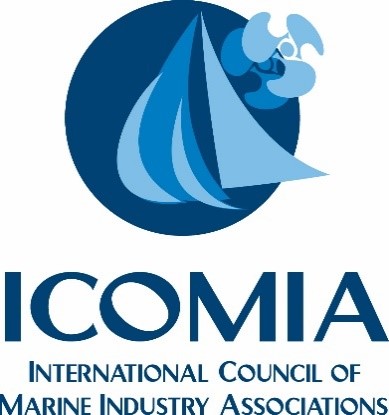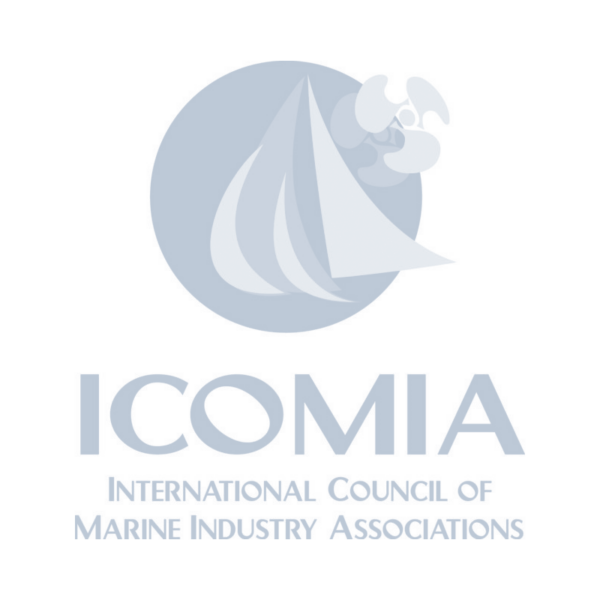Description
Grounds for and objectives of the proposal The overall aim of this proposal for revision is to optimise the provisions of Directive 75/442/EEC whilst maintaining its essential structure and key provisions. What is suggested is a refinement of the Directive, rather than a root and branch overhaul. The Thematic Strategy on the prevention and recycling of waste has identified three principal reasons for undertaking a revision of Directive 75/442/EEC, the Waste Framework. Firstly, it has become evident that a certain number of definitions in Directive 75/442/EEC are not sufficiently clear, leading to variation and uncertainty in the interpretation of these key provisions from Member State to Member State and in some cases from region to region. Partly as a consequence of this, a significant number of cases have required an interpretation from the European Court of Justice. This has led to considerable difficulties for economic operators and competent authorities. The issues where there is a lack of legal certainty concern principally the definition of waste and the distinction between recovery and disposal. This proposal for the revision of the Waste Framework Directive puts forward clearer definitions and/or a mechanism to clarify the issue at the EU level as appropriate. Secondly, the Thematic Strategy on the prevention and recycling of waste introduces a new approach to waste policy that is better adapted to a situation where most of the significant waste management operations are now covered by environmental legislation. It is important that the Waste Framework Directive is adapted to this approach. This requires a number of changes. The most significant is the introduction of an environmental objective. Most environmental Directives now have such an objective, which helps to orient the entire Directive towards a specified aim. In the case of this proposal, the environmental objective focuses the Directive on the reduction of environmental impacts from waste generation and management, taking into account the whole life-cycle. It takes this focus from the Resource Strategy. Another important part of this strategic change is the move to a more standards based approach. This proposal reinforces standards in a number of areas through the application of minimum standards, clear recovery definitions and the use of end of waste criteria. Finally, this proposal strives to simplify the existing legal framework. It would repeal the Directive 75/439/EEC on the disposal of waste oils and integrate Directive 91/689/EEC on hazardous waste into the Waste Framework Directive. The Waste Oil Directive set out a priority for waste oils regeneration over other recovery options that is no longer justified. The provisions of the Hazardous Waste Directive are closely connected with the Waste Framework Directive and their integration into consolidates and simplifies legislation. In addition, some obsolete or unclear provisions in all three Directives should be modified or removed.

